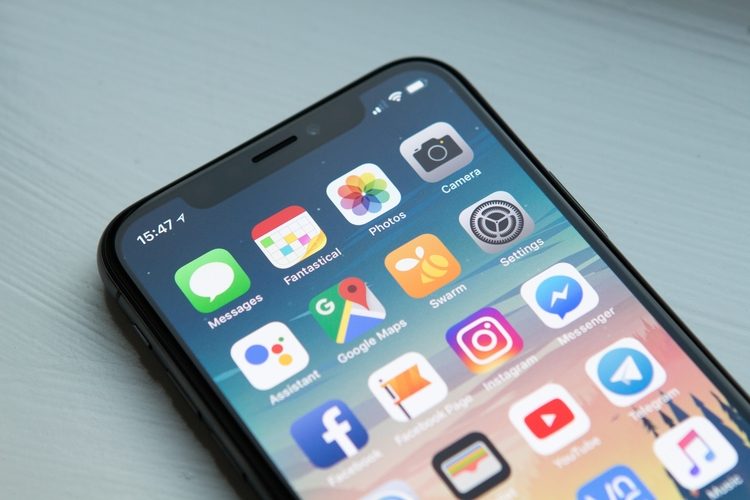Anxiety disorders are one of the most common mental illnesses in the U.S, and possibly the world. People with such issues have greater difficulty dealing with daily life events and social interactions. Most of them choose to isolate themselves from the world just to not deal with their emotions, which is not the correct way of dealing with this type of disorders.
The best option would be seeking professional help from a psychologist or a psychiatrist, but not everyone has access to mental health centers. Technology has opened the doors to convenient innovations created with the sole purpose of helping people with these problems. In the meantime, using applications to calm or treat your anxiety problems could be a huge relief from the constant tension you go through. Here are the best apps out there that can help you breathe a little easier.
1. Headspace
Finding time to relax and observe your thoughts is hard, but a necessary skill if you’re dealing with anxiety. Meditation is an introspective journey into your mind that allows you to stay present in the moment and to better understand your emotions. It’s hard to acquire such a skill, but thanks to Headspace you can do so by listening to short guided meditations.
Wherever you are, you can open the app and listen to a session to try and calm those negative thoughts that cloud your mind. Sooner or later you’ll master meditation and be able to understand your feelings better.
Cost: Free to download. Download it from the Apple Store or Google Play.
2. White Noise Lite
Taking time to breathe and be mindful can be rather difficult when constantly bombarded by the predicaments of a hectic day. Using white noise is an excellent way of practicing mindfulness, it allows you to focus on a sound and forget what’s happening around you. White Noise Lite offers a range of sounds that can be mixed and personalized by its users.
The app works with the phone’s digital clock to help you sleep better and wake up refreshed thanks to their selection of relaxing sounds. It evens allows you to record your own sounds.
Cost: Free to download. Download it from the Apple Store or Google Play.
3. Moodpath
Guidance through tough times is vital during the steps of recovery. Moodpath functions as a journal where you can track your daily emotions. By doing so, you’ll be able to detect any negative patterns or symptoms. The app generates three questions daily that can evaluate your mental state and give helpful tips to get better. A detailed monthly report about your progress will be available once you answer enough questions. It might require creating a habit but using Moodpath daily will allow you to reach a state of emotional stability.
Cost: Free to download. Download it from the Apple Store or Google Play.
4. TalkLife
Without a doubt, surrounding yourself with a strong supportive circle of friends and family is crucial. Yet, not everybody is going to know exactly what you’re feeling and why. TalkLife is a social platform where people with the same issues can come together to vent and help each other. According to your profile, the app will connect you with people around the globe with similar problems.
Cost: Free to download. Download it from the Apple Store or Google Play.
5. Happify
Happify is another application that will help you get your life back on track. It has about 50+ goal-driven paths to choose from. You must choose how you want to improve and then follow the necessary tasks to reach your goal. It’s an interactive app with many games and activities, your attention will be centered on completing the different assignments. Not only that, but it also features a community growing experience, where users can share their progress and stats.
Cost: Free to download. Download it from the Apple Store or Google Play.
Using these apps will surely change the way you manage your emotions and go through the world. All of them are user-friendly and completely free! Although, they shouldn’t replace professional psychological help. If you feel constantly burned out and unable to carry on, visit a mental health center to get help.

